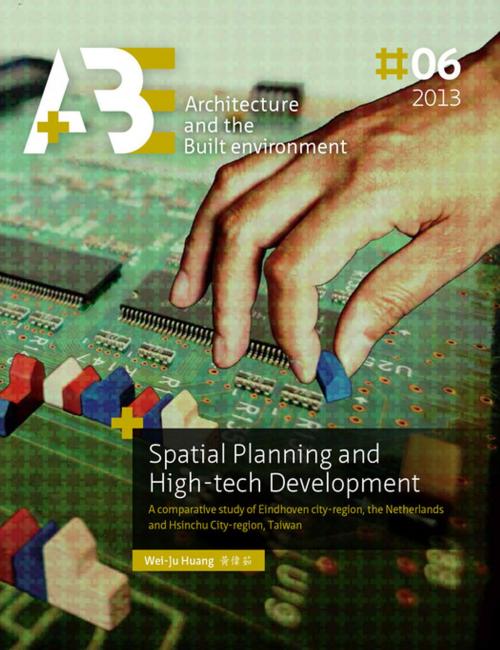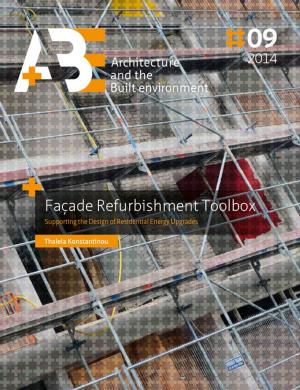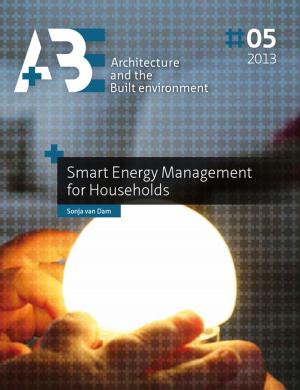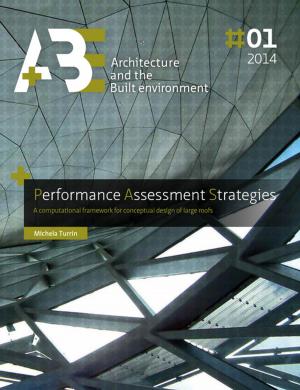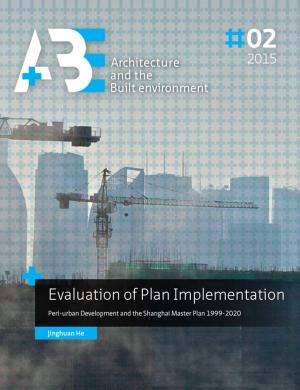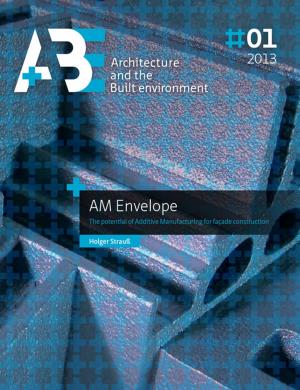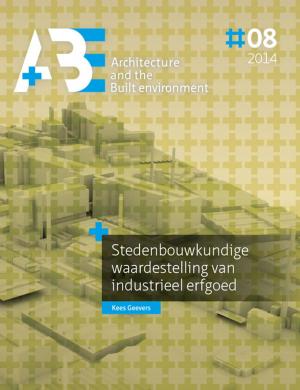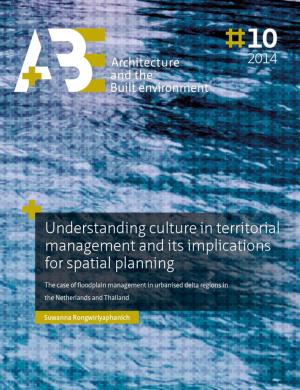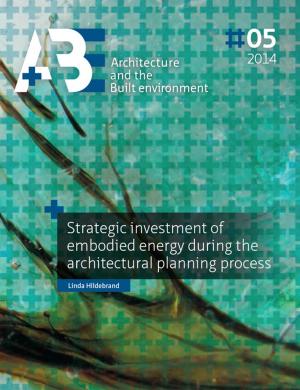Spatial Planning and High-tech Development
A comparative study of Eindhoven city-region, the Netherlands and Hsinchu City-region, Taiwan
Nonfiction, Art & Architecture, Architecture| Author: | Wei-Ju Huang | ISBN: | 9789461861979 |
| Publisher: | TU Delft | Publication: | August 1, 2013 |
| Imprint: | TU Delft | Language: | English |
| Author: | Wei-Ju Huang |
| ISBN: | 9789461861979 |
| Publisher: | TU Delft |
| Publication: | August 1, 2013 |
| Imprint: | TU Delft |
| Language: | English |
n the past three decades, numerous high-tech city-regions have emerged with the rise of new high-tech industries across the world. Many of them have been specifically supported by national technology policies—in developed or developing countries—implemented to trigger economic growth and to enhance global competitiveness at the national and/or city-regional level. These policies have involved the development of high-tech spaces—including research science/technology parks, innovation centres, science cities, high-tech city-regions, and so on—albeit in different ways.
This issue of A+BE applies a comparative approach to explore the major factors that shape the practices of spatial planning in hightech development. The Eindhoven city-region in the Netherlands and the Hsinchu city-region in Taiwan are selected as case study areas. Both city-regions can be recognised as success stories of high-tech development not only on a national scale but also on a global scale, despite the fact that they apply different approaches.
n the past three decades, numerous high-tech city-regions have emerged with the rise of new high-tech industries across the world. Many of them have been specifically supported by national technology policies—in developed or developing countries—implemented to trigger economic growth and to enhance global competitiveness at the national and/or city-regional level. These policies have involved the development of high-tech spaces—including research science/technology parks, innovation centres, science cities, high-tech city-regions, and so on—albeit in different ways.
This issue of A+BE applies a comparative approach to explore the major factors that shape the practices of spatial planning in hightech development. The Eindhoven city-region in the Netherlands and the Hsinchu city-region in Taiwan are selected as case study areas. Both city-regions can be recognised as success stories of high-tech development not only on a national scale but also on a global scale, despite the fact that they apply different approaches.
